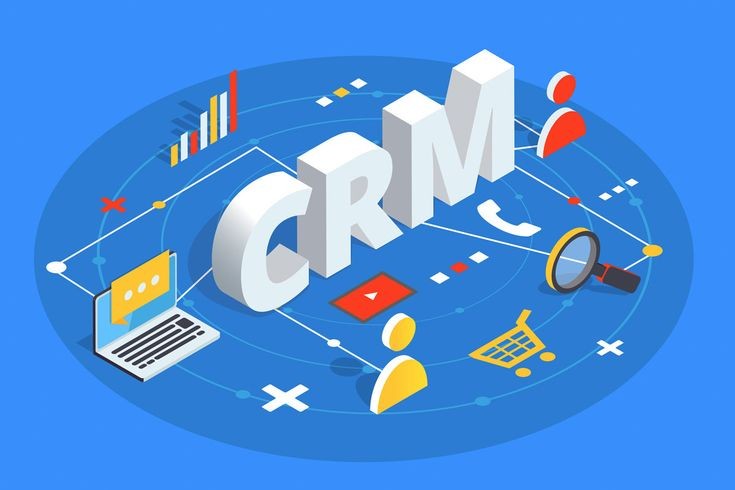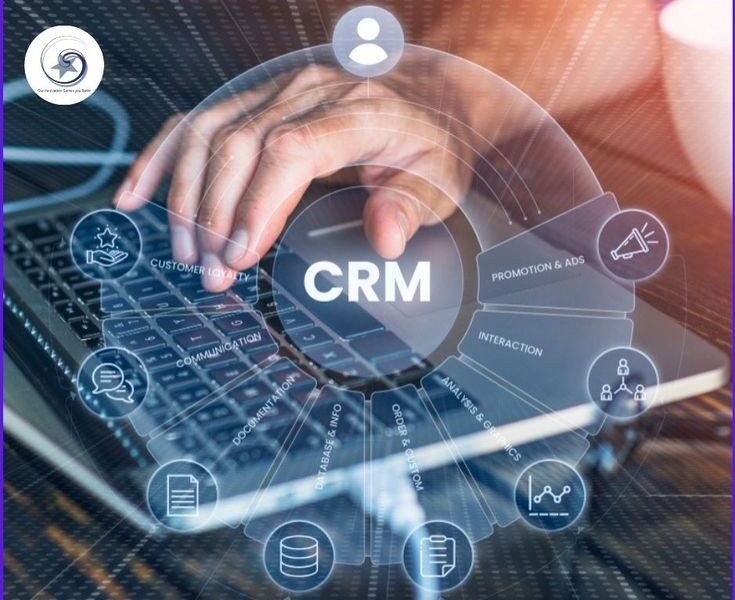How CRM Software Supports Marketing Teams:
- Centralized Customer Data:
One of the most significant advantages of CRM software is its ability to centralize all customer information in one place. This includes contact details, purchase history, preferences, and past interactions. By having this comprehensive view of each customer, marketing teams can segment their audience more effectively, create targeted campaigns, and deliver personalized messaging. This leads to higher engagement and a stronger return on investment (ROI) for marketing efforts. - Improved Customer Segmentation:
CRM software enables marketing teams to segment their customer base based on various criteria, such as demographics, buying behavior, and engagement history. This allows marketers to craft highly targeted campaigns that speak directly to the needs and interests of different customer groups. By targeting the right audience with the right message, marketers can increase conversion rates and build stronger customer relationships. - Automated Marketing Campaigns:
Marketing automation is a key feature of most CRM software, enabling teams to set up automated email campaigns, social media posts, and follow-up reminders. Automation reduces the time and effort required to execute campaigns and ensures that marketing messages reach customers at the right time. With automated workflows, marketing teams can nurture leads, send personalized offers, and maintain consistent communication without manual intervention. - Better Lead Management:
CRM systems help marketing teams track and manage leads throughout the entire sales funnel. With features like lead scoring and tracking, CRM software allows teams to prioritize high-value leads and ensure timely follow-ups. By understanding where each lead is in their customer journey, marketing teams can tailor their messaging to increase the likelihood of conversion. - Enhanced Customer Engagement:
CRM software provides marketing teams with valuable insights into customer behavior, preferences, and engagement patterns. By understanding how customers interact with your brand, marketing teams can create more relevant content and personalized offers. This leads to higher customer satisfaction and a deeper connection with the brand, which ultimately drives long-term loyalty.
Top CRM Software for Marketing Teams:
- HubSpot CRM:
HubSpot offers a comprehensive suite of marketing tools that integrate seamlessly with its CRM. With features like lead nurturing, email automation, and campaign analytics, HubSpot helps marketing teams create, manage, and optimize their campaigns to maximize engagement and conversions. - Salesforce Marketing Cloud:
Salesforce Marketing Cloud provides advanced tools for email marketing, social media management, and customer segmentation. Its powerful automation capabilities allow marketing teams to deliver personalized experiences at scale, helping to drive customer loyalty and increase sales. - Zoho CRM:
Zoho CRM offers a range of marketing automation tools, including email campaigns, social media management, and customer segmentation. It enables marketing teams to automate their workflows and manage customer relationships effectively, resulting in improved engagement and higher conversion rates. - Marketo:
Marketo is a powerful marketing automation platform that integrates with CRM systems to help marketing teams create personalized campaigns, nurture leads, and measure their performance. With its robust analytics and automation features, Marketo is an excellent choice for businesses looking to scale their marketing efforts.
Best Practices for Using CRM in Marketing:
- Integrate CRM with Other Marketing Tools:
For maximum effectiveness, integrate your CRM system with other marketing tools, such as email marketing platforms, social media management tools, and analytics software. This ensures that all customer interactions are tracked in one place and that marketing teams can access the data they need to optimize campaigns. - Segment Your Audience Effectively:
Use CRM data to segment your audience based on relevant factors like purchase history, interests, and behavior. This allows you to deliver highly targeted and personalized marketing messages that resonate with each customer group. - Leverage Analytics to Measure Campaign Success:
CRM software provides detailed analytics that allow marketing teams to measure the success of their campaigns. Regularly analyze key performance indicators (KPIs) such as open rates, conversion rates, and ROI to refine your marketing strategies and achieve better results. - Maintain Regular Communication:
Use CRM software to maintain consistent communication with your leads and customers. Whether through email, social media, or personalized offers, regular engagement helps keep your brand top of mind and increases the chances of conversion.



